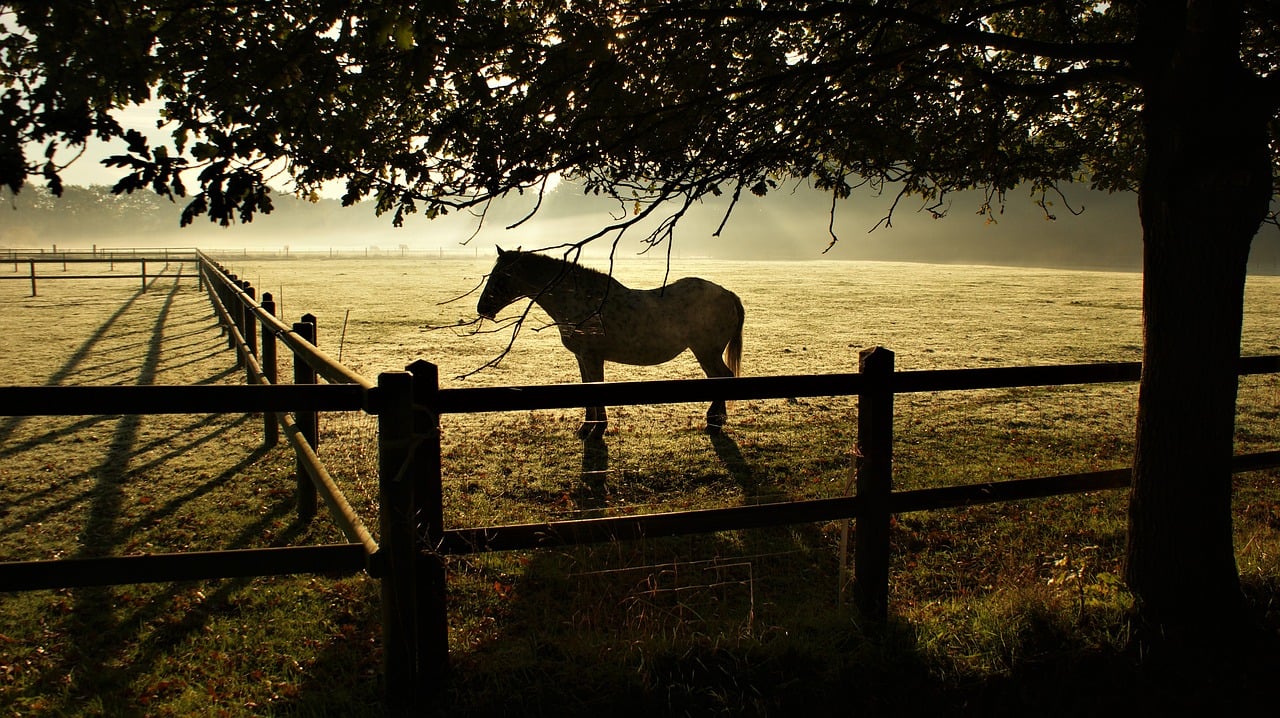As a horse owner, one of your top priorities should be ensuring the safety and well-being of your equine companions. One crucial aspect of this is the installation of reliable horse fencing. Not only does it keep your horses contained and secure, but it also prevents them from getting loose and causing accidents. In this article, we’ll discuss the different types of horse fencing and what you need to consider when choosing the best option for your property.
One of the most common types of horse fencing is the wooden board fence. This classic option is visually appealing and sturdy enough to keep horses contained safely. However, it can require substantial maintenance to avoid rot, warping, and insect infestations. To ensure longevity, wooden board fences should also be periodically painted or stained.
Another popular horse fencing material is vinyl. It is an excellent choice for horse owners who want a low-maintenance option that still looks impressive. Vinyl horse fencing is durable, long-lasting, and resists fading, cracking, and damage from weather conditions. Plus, it is easy to clean and can be customized to match your property’s design.
Electric fencing is a third option that many horse owners consider. Electric fencing can be particularly useful for horse pastures because it is easy to set up and cost-effective compared to traditional fencing. However, it is essential to ensure that horses are introduced to electric fencing slowly to ensure they do not panic and cause injury.
When choosing horse fencing, it is critical to consider the safety of the horses. The fence should be high enough to discourage jumping and strong enough to withstand kicking and leaning. It should also be free of sharp edges or protruding nails that could injure a horse.
Another crucial factor to consider is the fence’s maintenance. Various fence materials require different levels of upkeep, so you should choose a material that is affordable and manageable for you. Regular maintenance tasks may include cleaning, painting, and repair.
It’s important to note that horse fencing should form a physical barrier between horses and the surrounding environment. This means that while some natural fencing materials may seem attractive, they may not be suitable for horse enclosures. For example, barbed wire is not ideal for horse fencing as the sharp edges can cause significant injury. Always keep in mind that your horses’ safety should be your top priority when selecting a fence.
When planning a horse fence, you also need to think about the location of the enclosure. Ideally, the horse enclosure should be situated on flat, well-drained land, which minimizes the risk of mud buildup. You will also need to ensure that there is adequate shelter, food, and water inside the enclosure. Finally, make sure that the fence complies with any local laws or regulations concerning horse fencing.
Horse fencing is a critical investment for horse owners, and it is vital to choose the proper type of fence for your property. You should select a fence that provides adequate safety for your horses and is manageable for you. Always take into account potential maintenance requirements, the enclosure’s location, and local regulations before installing a horse fence. With the right horse fencing, you can have peace of mind knowing that your horses are safe and secure on your property.

Leave a Reply